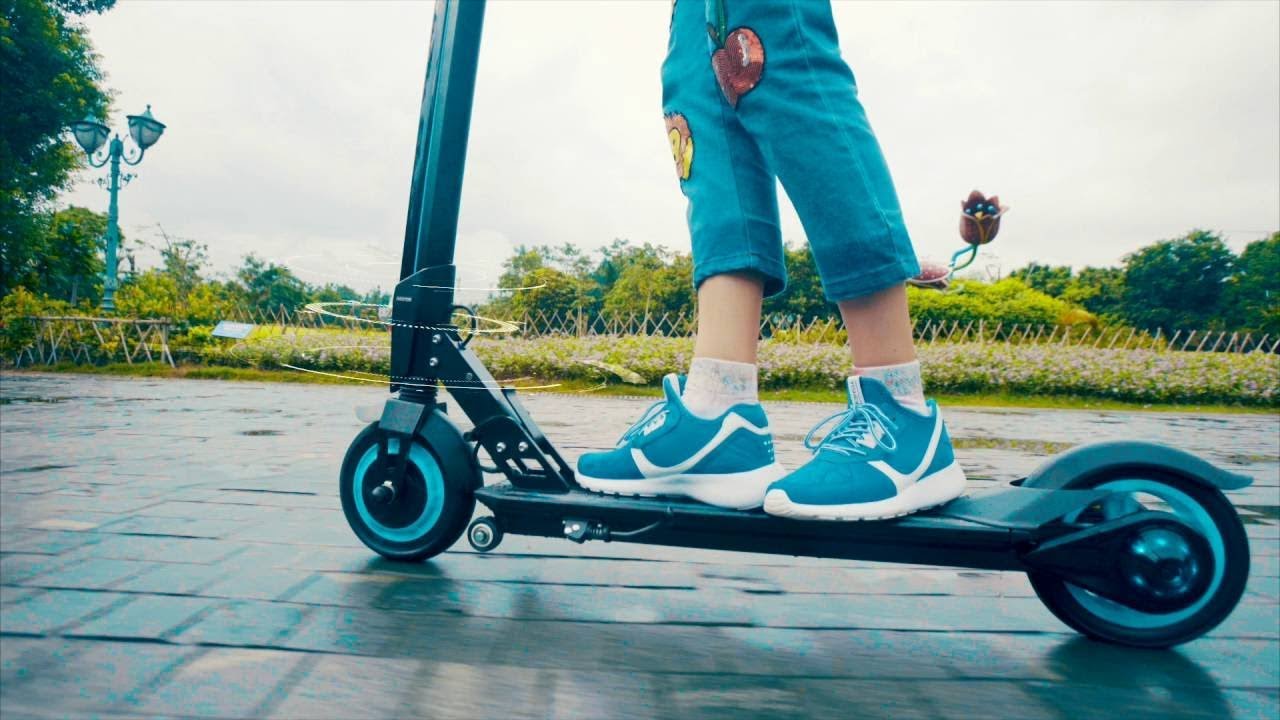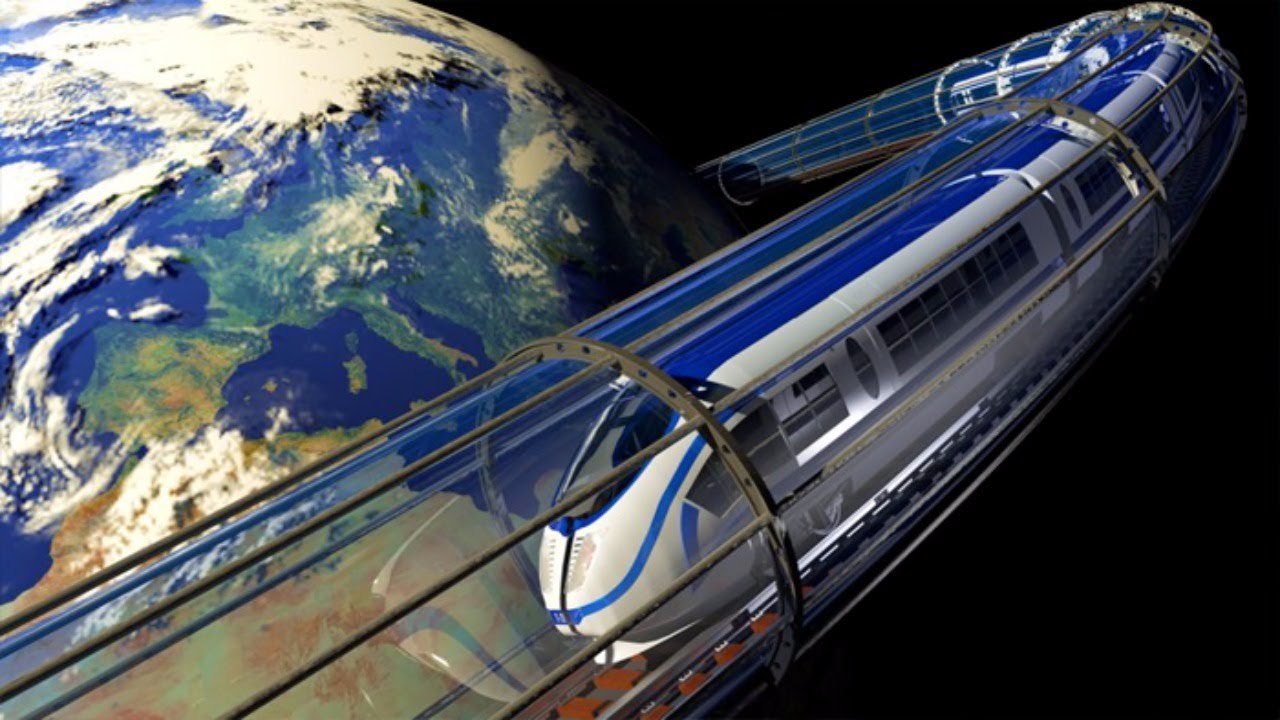Will people own cars? Here's what the future of transportation looks like
Your next car could be driverless, electric, and web-connected, or it might not be yours at all. The next generation of transportation networks is arriving faster than you think, and companies like Google, Uber, Lyft, and Tesla are leading the charge. Advancements in ride sharing, public transportation, and autonomous vehicles will fundamentally change the way we get from point A to point B.
In fact, the team at AutoVolo indicates that changes are already happening, with certain countries (including the UK) moving forward with bans over the sale of new petrol and diesel vehicles in the near future.
The (Not-So-Distant) Future
If you want to know how transportation will change in the next decade, you don’t need to look very far. Transportation culture has experienced a sea of change in the last ten years; ride sharing, in particular, has instituted a total paradigm shift in vehicle ownership and urban transportation networks.
These changes are good news for the environment too—urban commuters are increasingly looking to green technologies like electric scooters and bicycles to complete their journeys. The following technologies offer a glimpse at the next generation of transportation.
Ride-sharing Apps
Uber introduced a radical concept in transportation in 2009 by introducing taxi-like services through a ride-sharing app. In 2018, outlets reported somewhere between 24% and 43% of Americans have used a ride-sharing service like Lyft or Uber. In fact, Uber alone has connected drivers and passengers for a staggering ten billion rides.
The future of ride sharing may lie in app-based services for numerous other vehicles, like moving trucks and even planes. In an ambitious, forward-leaning move, Uber announced its investment into an air service called Elevate, which demonstrates just how radical tomorrow’s transportation system might look.
Alternative Transportation

In congested urban spaces, Americans increasingly look for ways to ditch their cars. Services like Uber are a big part of the equation for some decline in vehicle ownership and driver’s licenses, but new trends like electric bikes and scooters are also making a difference.
However, to truly embrace alternative transportation methods, cities may need to take extra measures for safety. Companies like electric scooter service Bird have fallen under fire for a growing number of injuries in cities such as Baltimore. Still, the sheer number of rides serviced by these modes of transportation depict a future ruled by smaller, greener vehicles.
Commercial Drones
Drones are already a ubiquitous technology across the globe. Civilian drones are wildly popular and have been used in everything from promotional stunts to wildlife research. Now, several companies are looking to expand the applications of un-manned aerial vehicles by giving them the capacity for large-scale delivery services.
In May of 2018, the FAA launched a three-year pilot program that lifts some of the restrictions currently preventing large-scale adoption of commercial drones. Companies like Zipline, a delivery drone service already in use in Africa, and well-known tech giants Microsoft, Uber, and Apple are all approved to begin testing drone-related services to troubleshoot their broader adoption in the future.
Autonomous Vehicles
One of the most exciting technological advancements of the last few years has been the rise of self-driving cars. In 2004, government think tank DARPA held a race for autonomous vehicles on a 142-mile desert course in California, with a prize of $1 million. Not a single vehicle completed the course.
In just over a decade, the technology has matured significantly. Self-driving cars may soon be a practical wide-scale reality, and companies like Tesla are already offering multiple vehicles with limited self-driving capability. In 2018, Tesla’s cars have racked up 1.5 billion miles of semiautonomous driving, and Google’s self-driving cars (now under the moniker Waymo) have logged 10 million miles of completely autonomous driving.
Autonomous vehicles are already safer than traditional cars, even though the technology is still in its infancy. The potential for driverless ride-sharing programs could also reduce the scale of the US auto industry. Some analysts predict a massive 80% drop in private car ownership by 2030, driven by driverless ride-sharing vehicles that give everyone access to a vehicle without the need for a driveway.
The Next Big Thing

What world-changing technology will shake up the transportation industry next? Several emergent technologies depict a future that looks much more like a science fiction novel. These technologies push the boundaries on what we might eventually achieve.
One of these big ideas is a Hyperloop, a system of underground trains that could one day travel at over 700 miles per hour. Originally conceived by billionaire Elon Musk, the project has several companies vying for dominance. Hyperloop One has partnered with the state of Missouri for a proposed route between St. Louis and Kansas City.
When it comes to transportation, the future looks bright. Consumer-driven technologies and easier access to huge commercial transportation industries have resulted in healthy competition, lower costs, and greener options for people across the US.
